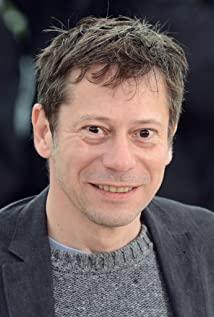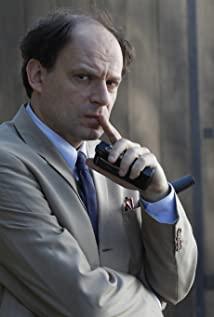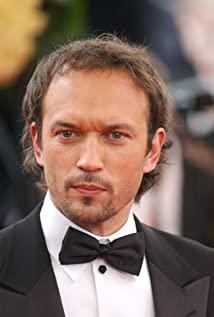The beginning of "I Accuse" gives people the feeling that it is very solemn and solemn, full of ritual, and has a classicist tone. It may even give people an illusion: this may be another "Barry Linden" film, objectively calm, and dull like a documentary.
But this is not the case. In terms of character confrontation and plot promotion, the film is a little more commercial. For example, like intelligence detective dramas and confrontation dramas with bureaucrats, it still creates some suspense and sparks to lead the audience forward.
The story of the film is actually very simple: In December 1894, the French Jewish officer Dreyfus was framed as a spy, and was subsequently imprisoned with the help of extreme nationalism. Lieutenant Colonel Picard of the French Military Intelligence Service ran for him and was persecuted by the authorities. In the end Dreyfus was rehabilitated for 12 years.
Adapted from real events. Polanski adopted the most traditional straightforward narrative, occasionally inserting a few memories that look "very earthy", but it is also really strange. This method of honest storytelling is very powerful in Polanski’s operations. There is a secretive taste .
In other words, "I Accuse" gives people a feeling: after reading it, I feel a little ordinary, ordinary, and I can't tell which is good or bad. But I don't allow me to think about it, the more I think about it, the more I feel it has a taste, which reminds me of tasting tea. " My Accusation" is probably a kind of aftertaste flowing, like a teapot that has been used for a long time, although there is no tea in it, the fragrance of tea can still be felt.
"I Accuse" has this kind of tea fragrance.
The most scent of tea is the last scene in the movie: military uniforms scattered on the ground, sabers broken off. This was originally the opening scene of the movie, after Dreyfus was deprived of his rank. This is the greatest humiliation to a soldier. When the scene reappears at the end of the movie, it is to remind the audience: look at it, this is a good thing the bureaucrats did! This is a big scandal of the French army, it is simply the national shame of France.
The unhurried, calm and windy temperament of the film deeply impressed me . In fact, a lot of it comes from the performances of the actors. Everyone speaks seriously, slowly, and rarely yells. They are all trying to suppress their emotions. Therefore, there is no impassionedness, no happiness, no justice. There is no teary sensational passion. What is presented to you is the process of an event. The end is the end, and there will be no extraneous hypocrisy. It is this kind of restraint, soothing and gentle tone that makes this work look high-level and unconventional.
I also like its ending. When the persecuted Officer Dreyfus returned to his post and visited Picard who had helped him, he did not thank him or anything, but directly asked Picard whether he could improve himself. Requirements for official titles.
Because Picard was called "on mission" for eight years outside the army, he was also promoted to the official rank, and the official rank of Dreyfus that he encountered in the same way remained unchanged. He thought this was a kind of prejudice. This paragraph can very well reflect Dreyfus's character: upright and a bit stubborn and cute. It also made this scene a bit unexpected, and even a little bit like to laugh. You can laugh at De's incomprehensible style, but more we will feel a bit of helplessness: Dreyfus has not received the treatment and respect he deserves even though he was baptized.
At the end, there is a very natural and flat feeling but with a lot of emotion, and even feel that it is a pity, I have been chanting in my heart: Huh? Is this gone?
When they parted, they stood face to face, very serious. Dreyfus, who was in the military academy, stood up like this when he questioned him because the credits Picard gave him were too low. But what is gratifying is that, no matter what they were at that time or they are now, the two of them are still in their true colors and have kept their bottom line. Morality and conscience, truth and justice. None of them were lost.
We can also be sure that even though Dreyfus did not express his gratitude to Picard. But we can see from the eye contact between the two: Picard has won the respect of Dreyfus from beginning to end. Picard also deserves this kind of respect. The tenderness and sadness at the end makes people a little unhappy: Is it so simple to end? Don't you come to a testimony anymore? This kind of "not addictive" suddenly became silent after the last shot was thrown out:
I complain.
There is one thing to say, this trick is quite powerful.
First release in: a few movies
View more about An Officer and a Spy reviews











